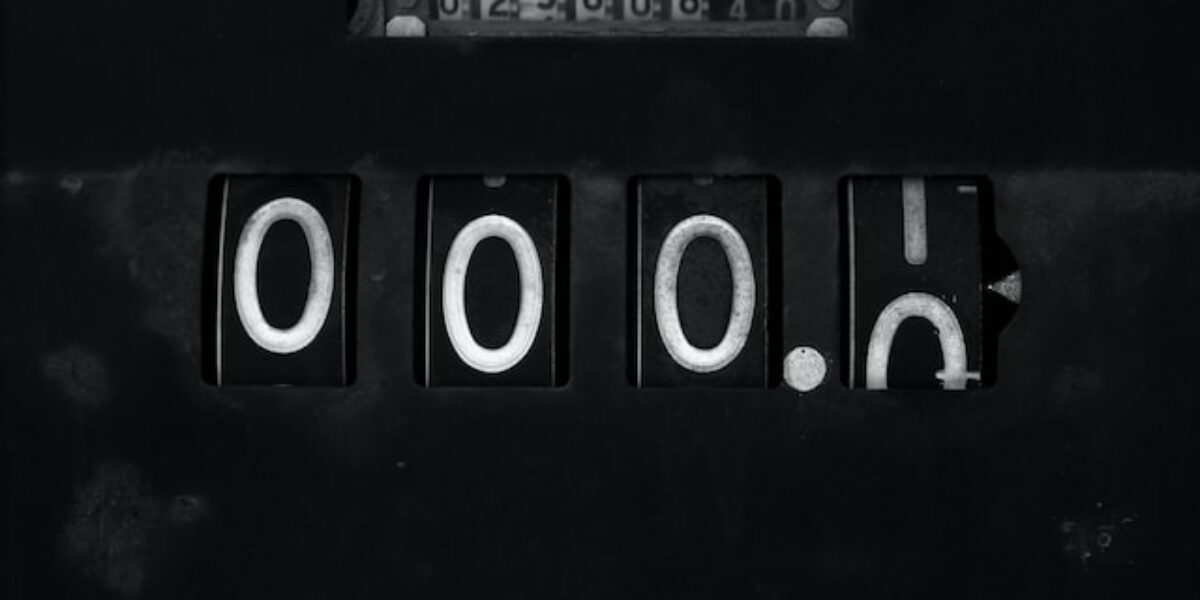Clocking on
Mileage clocking remains a problem in the second-hand market
One in 14 nearly-new used cars offered for sale (7.1%) are found to have a falsified mileage.
This is according to data released by the vehicle history checking service carVertical .
All car susceptible
Many people will assume that buying a newer vehicle will protect them from mileage fraud. However, these findings debunk the myth that only older cars will have had their odometer tampered with.
Falsely lowering a used vehicle’s mileage can inflate its sale price by as much as 25%. This means buyers could overpay by thousands of pounds. It can also lead to much higher maintenance costs, as clocked cars will have suffered greater wear and tear.
One to five-year-old Nissans are the most commonly clocked nearly-new vehicle.
Nearly a fifth of them checked by carVertical show a discrepancy between their odometer and recorded mileage.
Nissans are popular among UK drivers, with the Qashqai the tenth best-selling used car in Q2 this year.
Britain’s top 10 most clocked nearly-new cars
|
Rank |
Make and model |
Proportion found to be clocked |
|
1 |
Nissan |
18.9% |
|
2 |
Renault |
16.1% |
|
3 |
Peugeot |
15.8% |
|
4 |
Kia |
11.9% |
|
5 |
Citroën |
11.7% |
|
6 |
Audi |
10.5% |
|
7 |
Vauxhall |
8.5% |
|
8 |
Porsche |
7.4% |
|
9 |
Volkswagen |
7.4% |
|
10 |
Land Rover |
6.8% |
Hundreds and thousands
Overall, 9.6% of cars checked on carVertical over the last 12 months to September were found to be clocked. With around 1.8 million used cars changing hands each quarter in 2023, around 690,000 drivers are at risk of becoming a victim of mileage fraud this year alone3.
The data shows the average one-year-old used car has 20,742 miles on the clock. Three-year-old cars have been driven for 32,111 miles on average, with five-year-old vehicles travelling for 48,629 miles.
Car dealers who reduce the mileage on a vehicle for financial gain can be prosecuted under the Consumer Regulation Act. Still, the practice is sufficiently widespread.
Drivers are advised to get a history check on a second-hand car before buying.
What’s legit?
Matas Buzelis, car expert at carVertical, comments: “A lot of drivers might think buying a newer used car which has had fewer owners and miles on the road is a safer bet.
“But buying a newer vehicle doesn’t eliminate the risks of getting a car with clocked mileage or hidden defects.
“Some new car buyers purchase vehicles and agree not to exceed a certain mileage so they can get better financing or lower their monthly rates. However, fraudulent drivers ignore these agreements and roll the odometer readings back so it appears they complied with the contract they signed.
“Any car that has been driven for many more miles than it appears will have more wear and tear and are more at risk of mechanical problems. They will also not be worth as much money — potentially leaving the new owner out of pocket if they try to sell it later.
“A car’s mileage is a crucial determining factor of how much it’s really worth. So when you’re shopping for a second-hand car, it’s essential that you get an accurate mileage figure, and are aware of any other issues, such as damage, that might impact its true value.”





